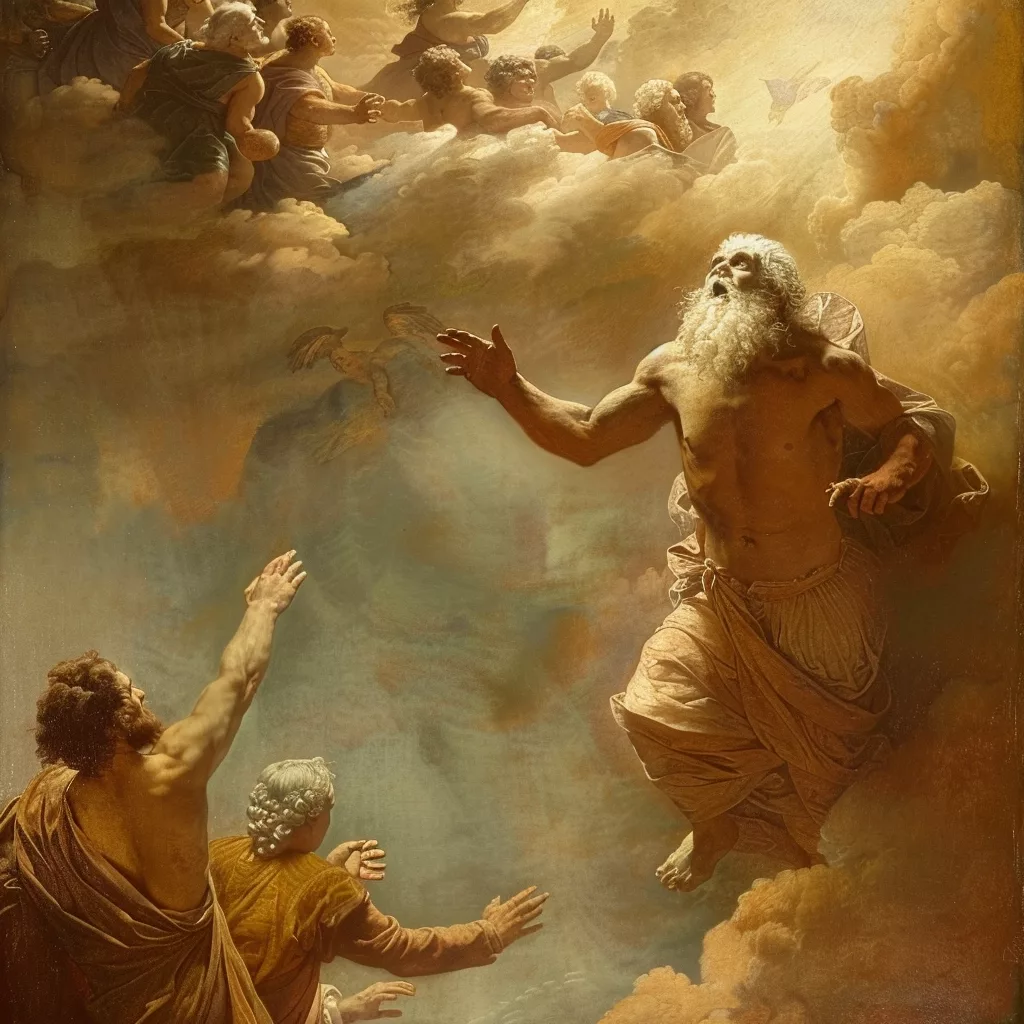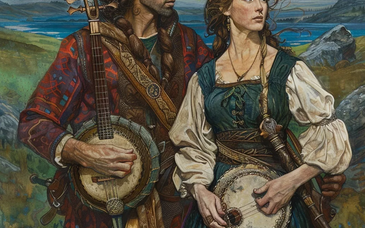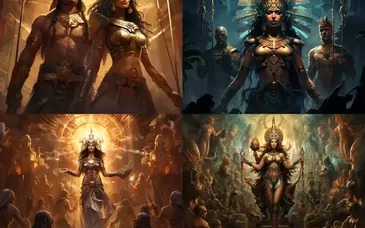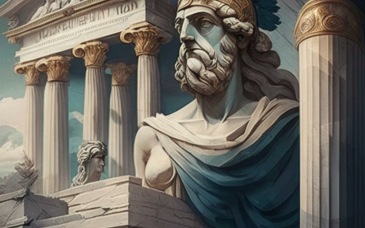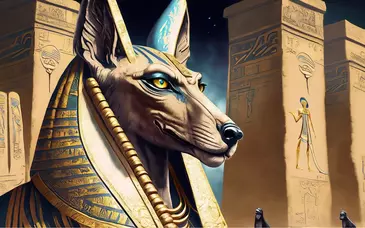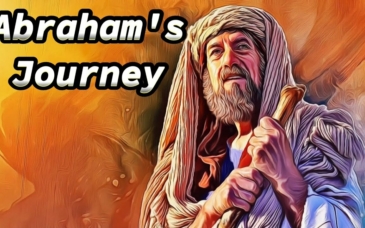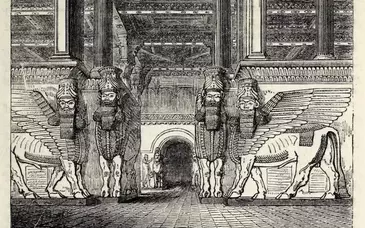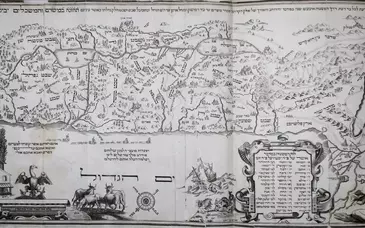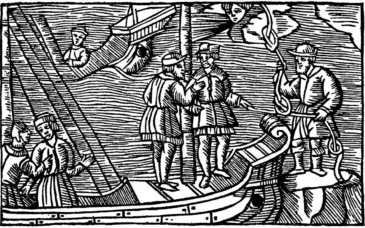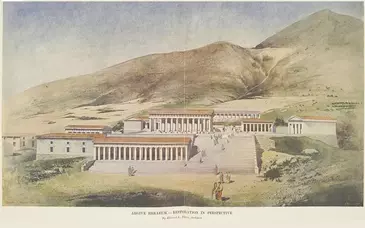Bible mythology refers to the various stories, legends, and myths found within the Bible, particularly in the Old Testament. These myths often serve to explain natural phenomena or to convey moral or spiritual teachings.
One example of Bible mythology is the story of creation in the book of Genesis. This story explains the origins of the universe and humanity, and it teaches that God is the creator of all things. Another example is the story of the flood, which explains the reasons for the flood and the way God saved Noah and his family.
Bible mythology also includes the stories of the patriarchs, such as Abraham, Isaac, and Jacob, who are considered the forefathers of the Israelites. These stories often include elements of divine intervention and miraculous events, and they serve to demonstrate the power and faithfulness of God.
The Bible also includes stories of ancient heroes and warriors, such as David, who defeated the giant Goliath and became king of Israel, and Joshua, who led the Israelites in their conquest of the Promised Land. These stories often teach about God's protection and guidance in times of war.
The Bible also contains stories of the Prophets, who were sent by God to guide and warn the Israelites. These stories often include predictions of future events, and they serve to demonstrate God's power and authority.
In addition to these stories, the Bible also contains poetry and symbolism that convey moral and spiritual teachings. For example, the book of Psalms is a collection of poems that express the author's feelings of gratitude and praise to God, while the book of Proverbs contains wisdom sayings that teach about good conduct and virtue.
Overall, Bible mythology is an important aspect of the Bible that helps to convey its teachings and messages. These stories, legends, and myths provide insight into the beliefs, values, and culture of the ancient Israelites and serve to reinforce the message of the Bible.
